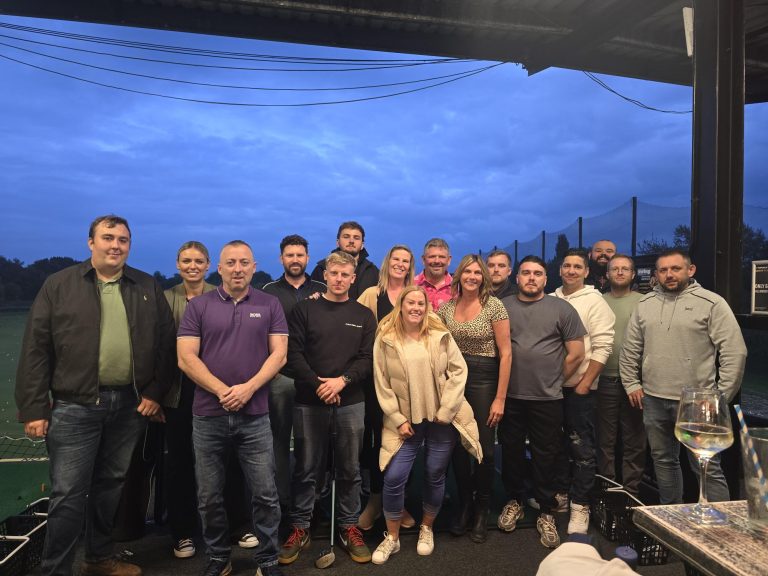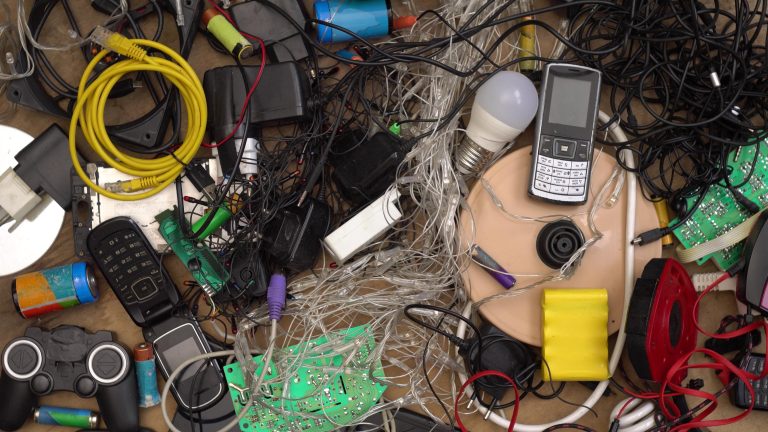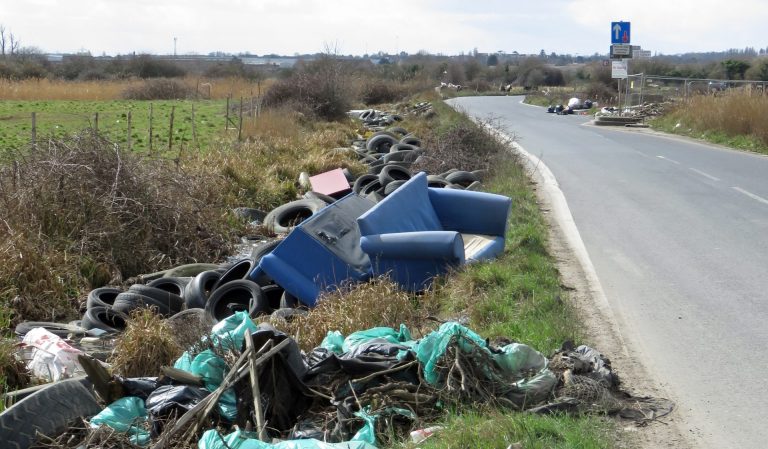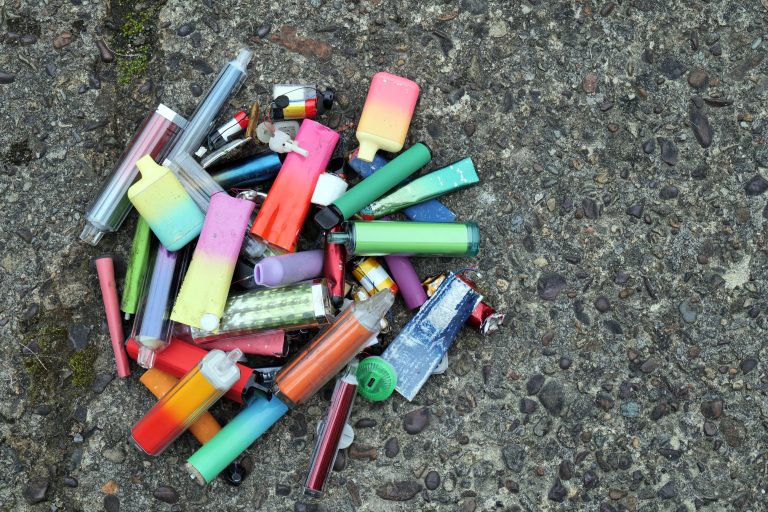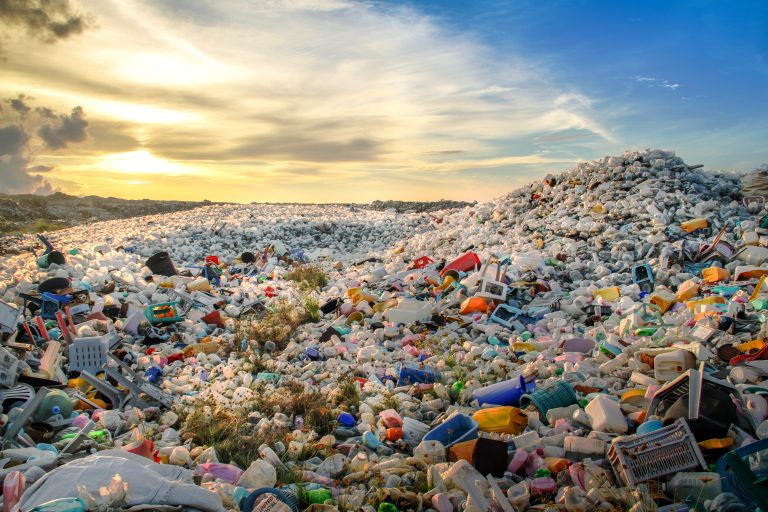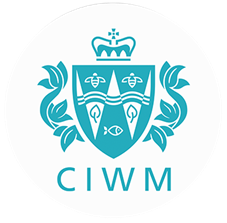Recycling has become second nature for many of us, but are we doing it as effectively as we could be? At Evolve Waste Solutions, we see firsthand how small changes in recycling habits can make a massive difference to both processing efficiency and environmental outcomes. Whether you’re a seasoned recycler or just getting started, these expert tips will help you recycle better and contribute more meaningfully to a sustainable future.
- Know Your Local Recycling Rules
Recycling guidelines vary by location, so it’s essential to understand the rules in your area. Some materials may not be accepted, or you may miss items that can be recycled.
- Check Local Guidelines: Visit your local council’s website or contact waste management services to learn what can and can’t be recycled.
- Use Recycling Apps: Many councils offer apps to help you sort recyclables correctly.
- Check with your waste collector: Check what materials are accepted by your waste collector, for commercial waste collection. Many offer support in the form of guides and recycling posters.
Knowing what’s acceptable helps reduce contamination and ensures efficient recycling.
- Clean and Dry Your Recyclables
Contaminated materials can ruin entire batches of recyclables. Make sure all your items are clean and dry.
- Rinse Containers: Give food and beverage containers a quick rinse to remove residue.
- Dry Items: Wet paper and cardboard can’t be recycled effectively, so ensure everything is dry before recycling.

- Avoid Contaminating with Non-Recyclable Items
Certain items may seem recyclable but are not accepted in most curbside programs. Throwing non-recyclables in the recycling bin can cause contamination.
- Avoid Plastic Bags: Plastic bags should not go in the recycling bin. Reuse them or take them to designated collection points at stores.
- Don’t Try to Recycle Greasy Pizza Boxes: While cardboard is recyclable, pizza boxes with grease or food remnants can’t be processed.
- Check for “Recyclable” Labels: Not all items with recycling symbols are recyclable in your area. Verify before putting them in the bin.
Being mindful of non-recyclable items helps maintain the quality of the recycling stream.
- Use the Right Recycling Bins
Correctly sorting materials into designated bins is essential for effective recycling.
- Colour-Coded Bins: Use the right bin for paper, plastics, glass and metals, especially if your area provides separate bins (curb side collections). If you are a business, using a commercial waste collector that colour codes their bins/bin lids is highly effective in preventing contamination.
- Organic Waste: Many places also have bins for food scraps or compost. Separate organic waste to reduce general waste. For businesses, see our guidelines on the UK’s new Simpler Recycling legislation (March 2025).
Using the right bins ensures recyclables are processed properly.

- Flatten and Compress Items When Possible
Saving space in your recycling bin helps optimize the process.
- Flatten Cardboard Boxes: This saves space and makes sorting easier.
- Crush Plastic Bottles and Cans: Crushing containers reduces volume, making them easier to handle.
- Don’t Overload the Bin: Leaving space in the bin allows for better sorting and processing.
By reducing the size of recyclables, you maximize the space in your bin and improve efficiency.
- Recycle More Than Just Paper and Plastic
Expand your recycling efforts beyond common materials like paper and plastic.
- E-Waste: Recycle old electronics like phones, computers and batteries at designated collection points.
- Textiles: Donate or recycle old clothes, which can be reused or repurposed.
- Batteries and Light Bulbs: These must be recycled at special facilities due to hazardous materials.
Including a broader range of materials helps divert more waste from landfills.
- Reduce and Reuse First
While recycling is important, reducing and reusing should be your first step in minimising waste.
- Opt for Reusable Items: Use reusable alternatives like stainless steel bottles, cloth bags and metal straws. See our full Honest range here for reusable products made from waste!
- Buy in Bulk: Purchasing items in bulk helps reduce packaging waste.
- Repurpose Items: Reuse containers and materials when possible instead of throwing them away.
By reducing waste, you’ll produce less recyclables and reduce your overall environmental footprint.
- Educate and Inspire Others
Share your knowledge and inspire others to improve their recycling habits.
- Host Recycling Workshops: Educate friends, family, or colleagues about recycling best practices.
- Share Tips on Social Media: Use your platforms to spread awareness about recycling and local collection events.
The more people know, the more likely they are to adopt better habits, amplifying the impact of your efforts.
- Stay Informed About New Recycling Innovations
The world of recycling is constantly evolving, so staying updated helps you optimize your efforts.
- Keep Up with Recycling News: Read articles, watch documentaries and follow organisations that promote sustainable practices.
- Participate in Local Initiatives: Engage in community clean-ups or recycling drives to stay involved with new recycling methods.
Being proactive ensures you’re using the latest techniques to recycle effectively.
Effective recycling is a partnership between consumers, waste management providers and processing facilities. By following these guidelines and staying engaged with your local program, you’re playing a crucial role in creating a more sustainable future.
At Evolve Waste Solutions, we’re committed to making recycling as effective and accessible as possible. We provide clear guidance, reliable collection services and ongoing support to help our community recycle better every day.


